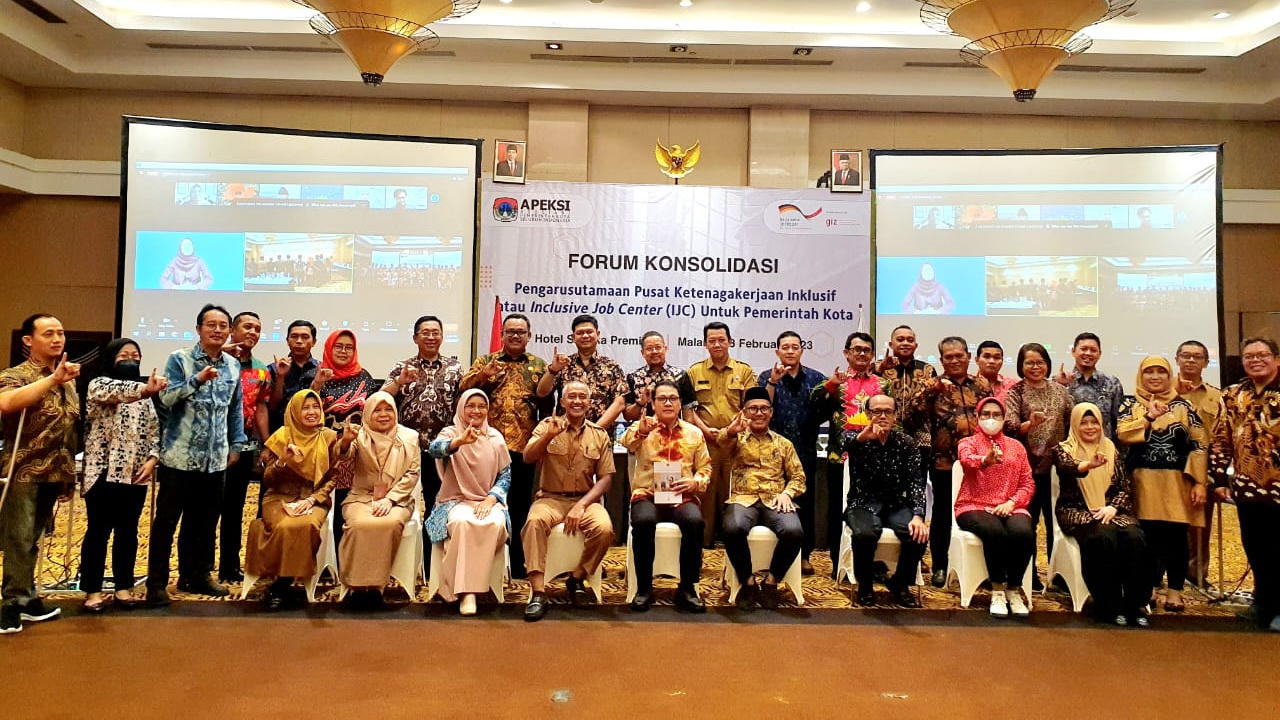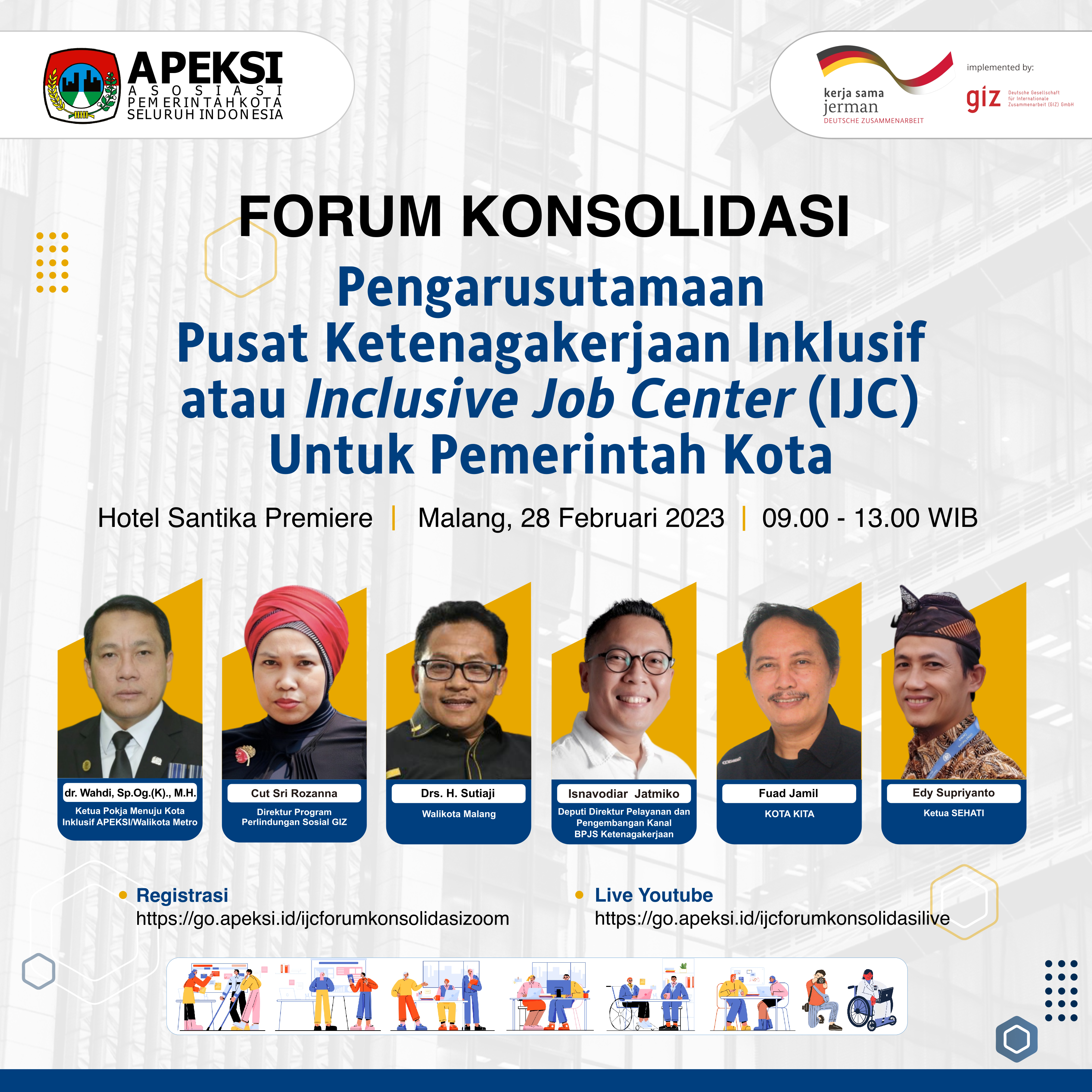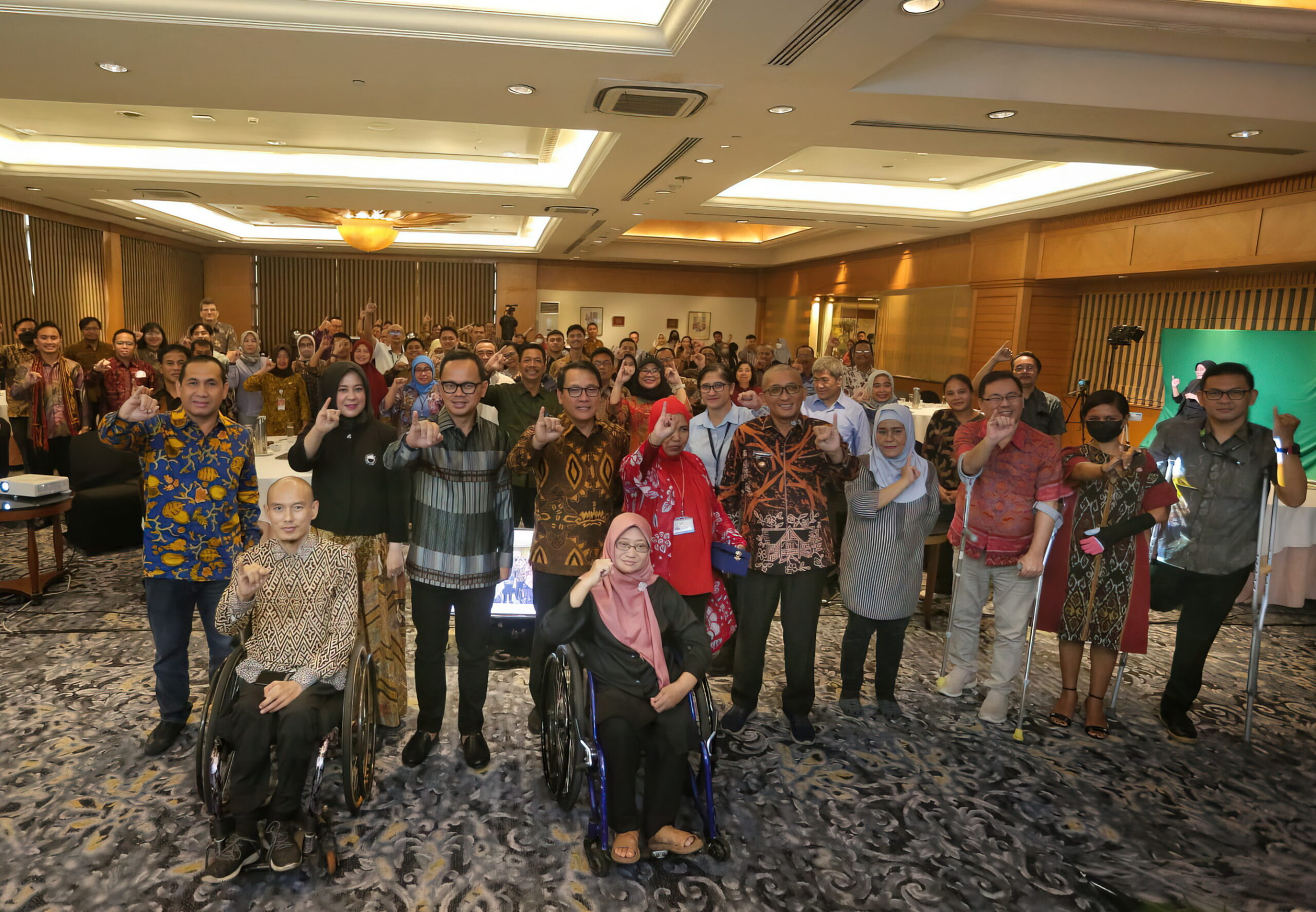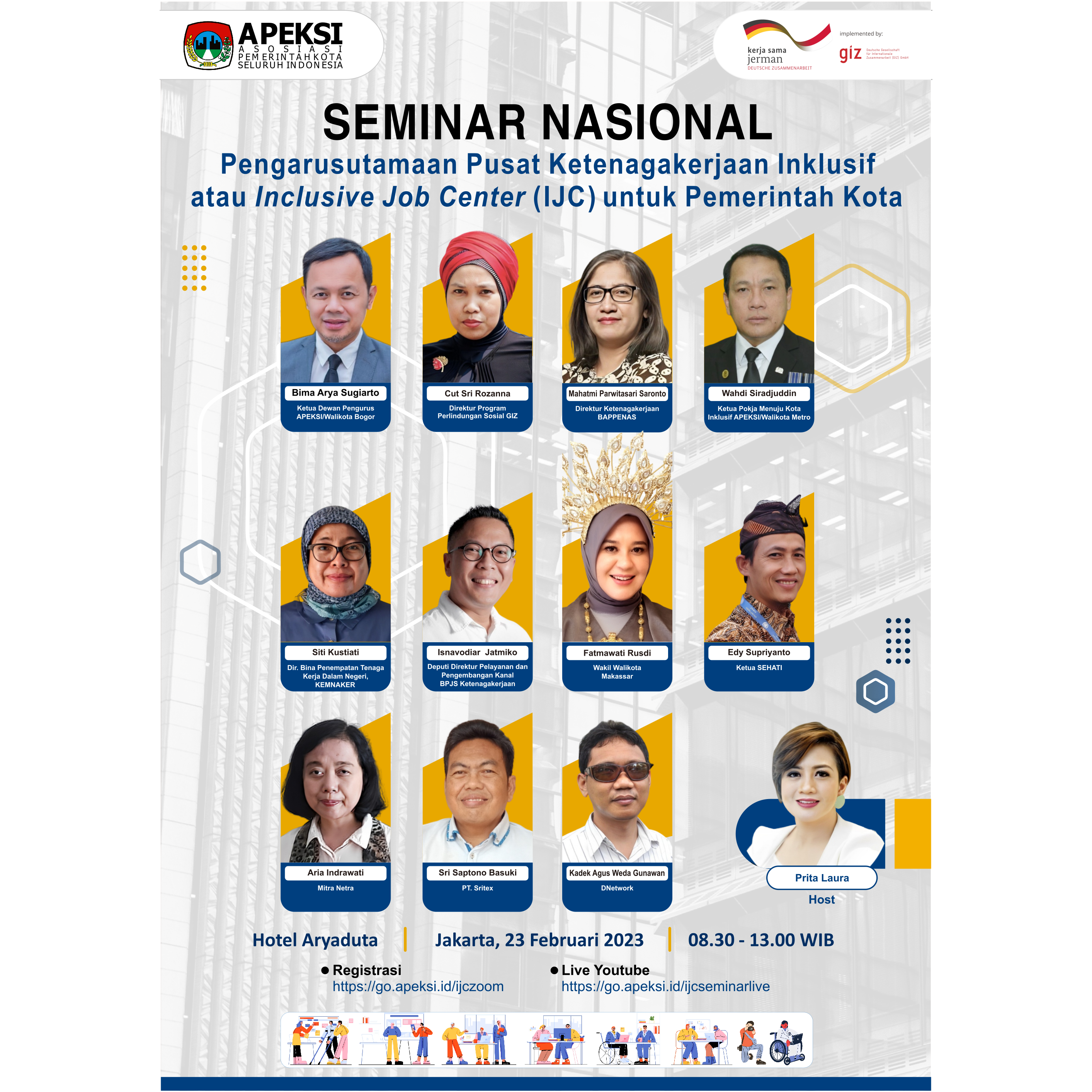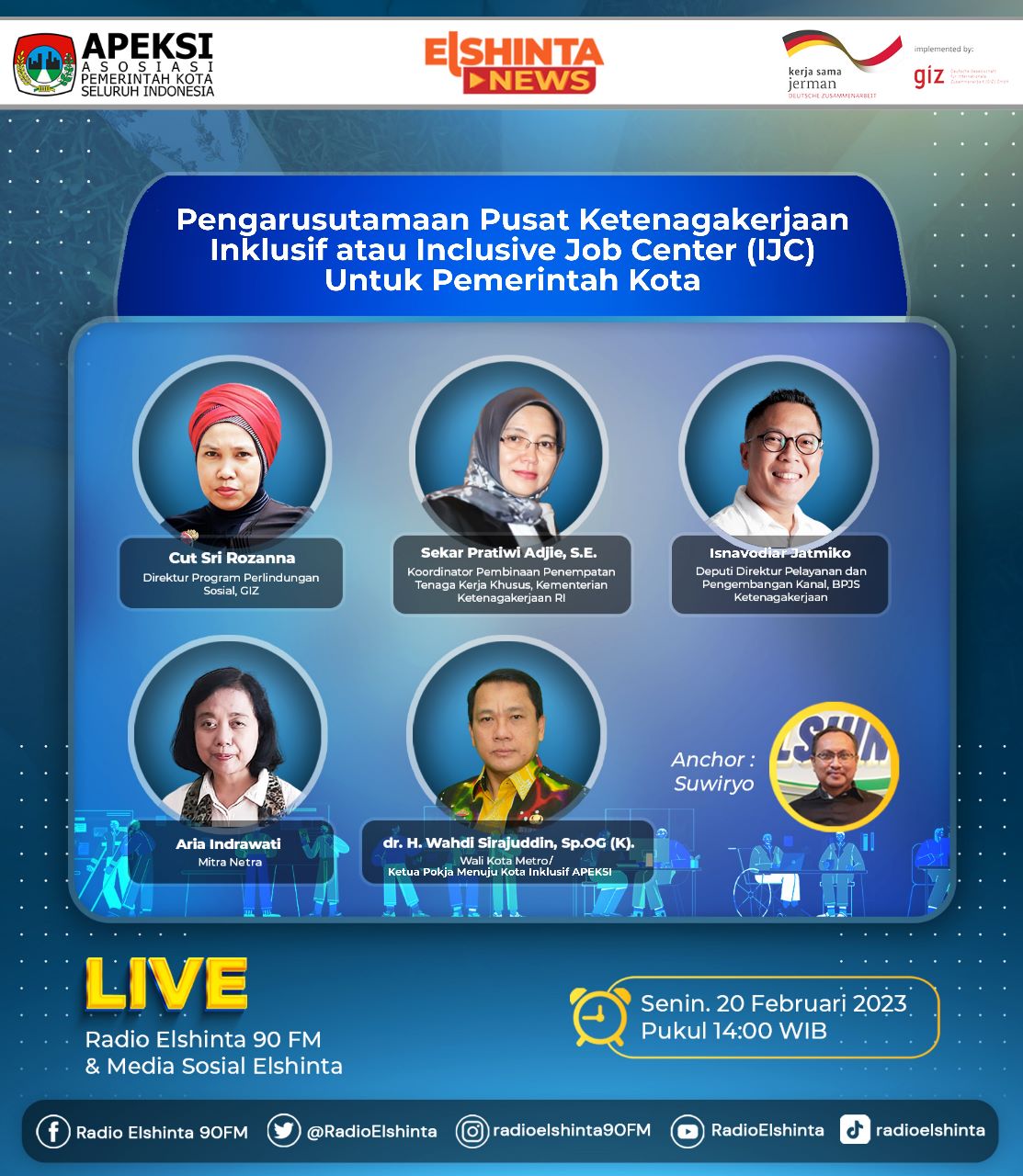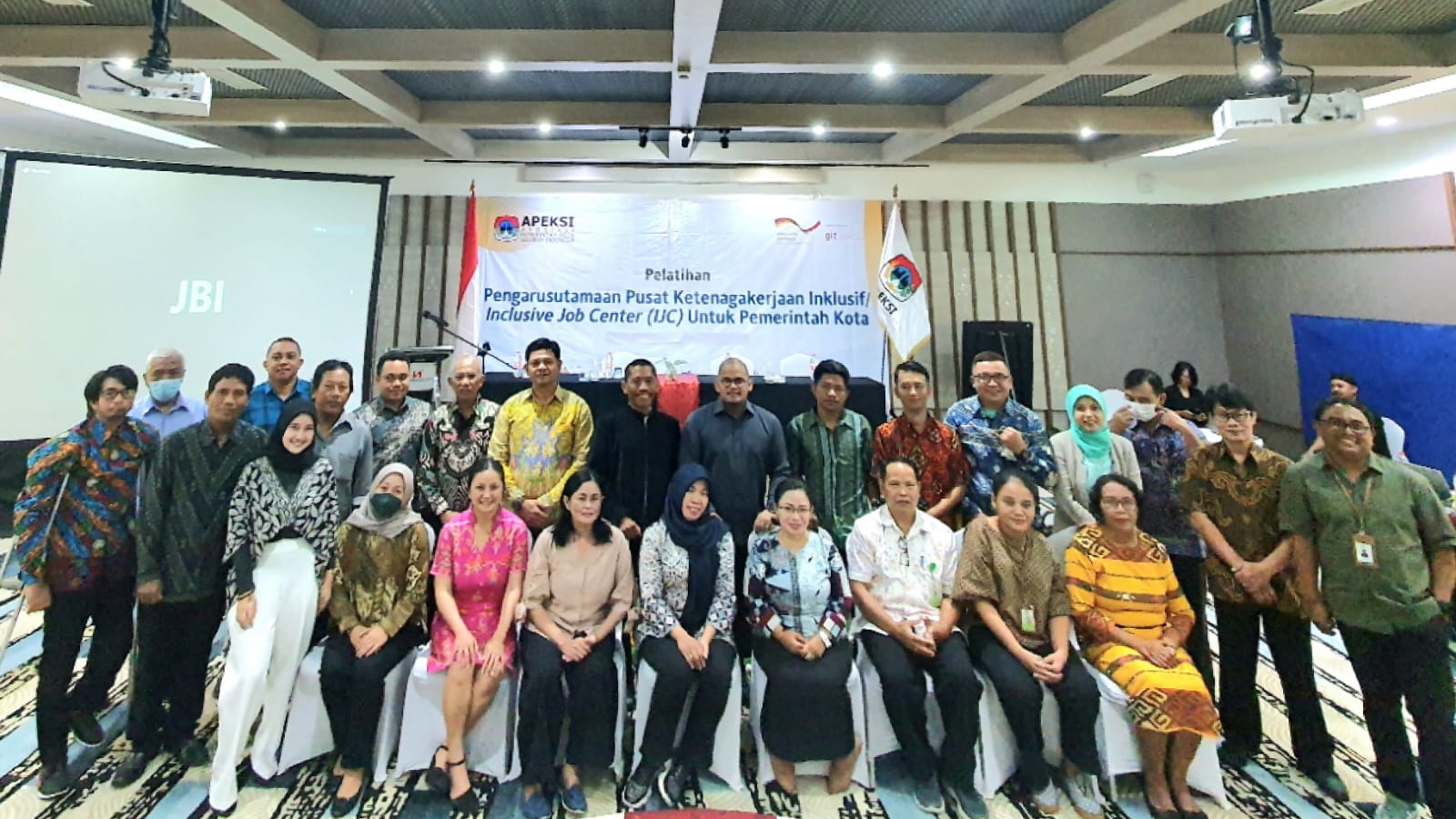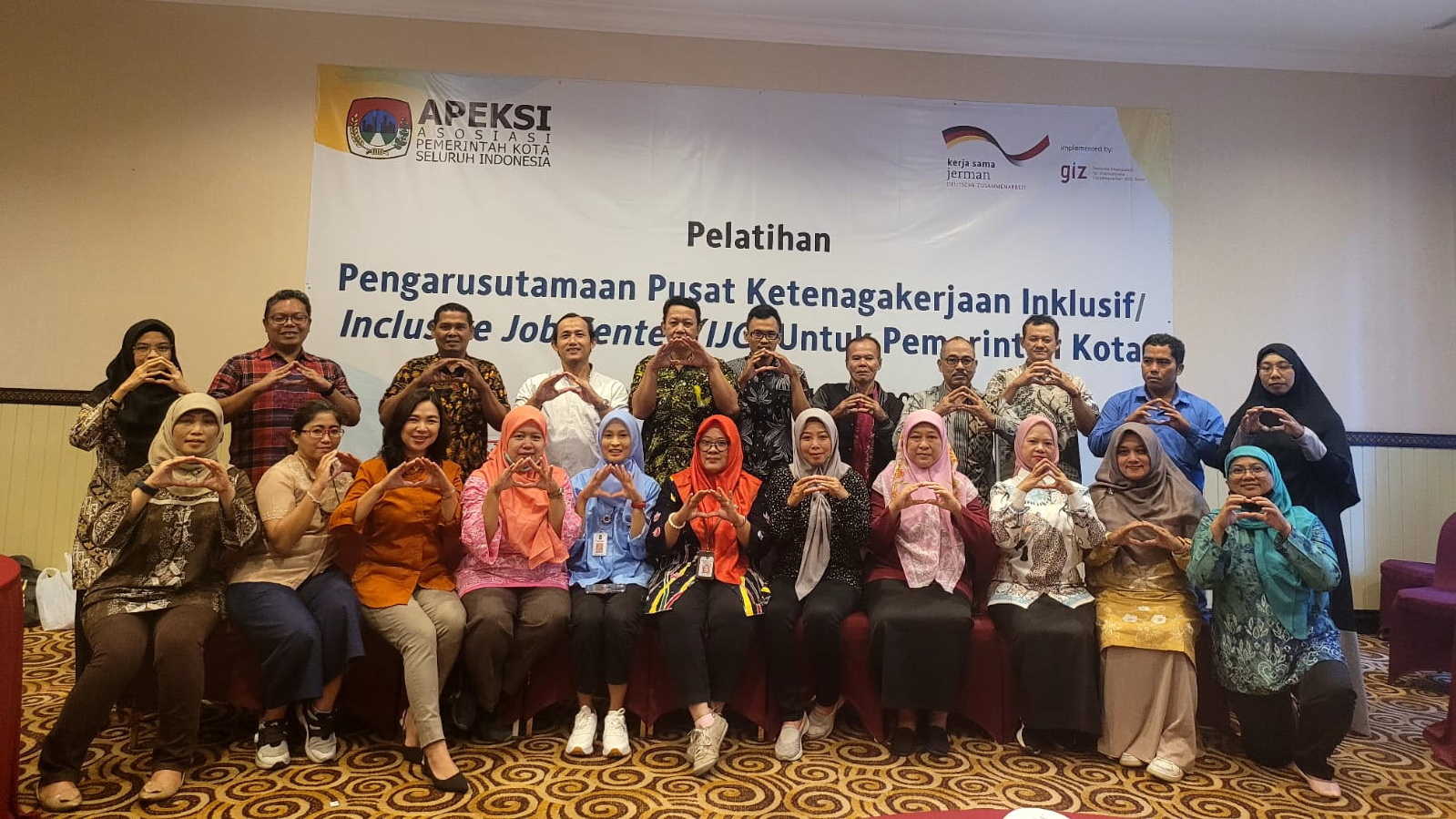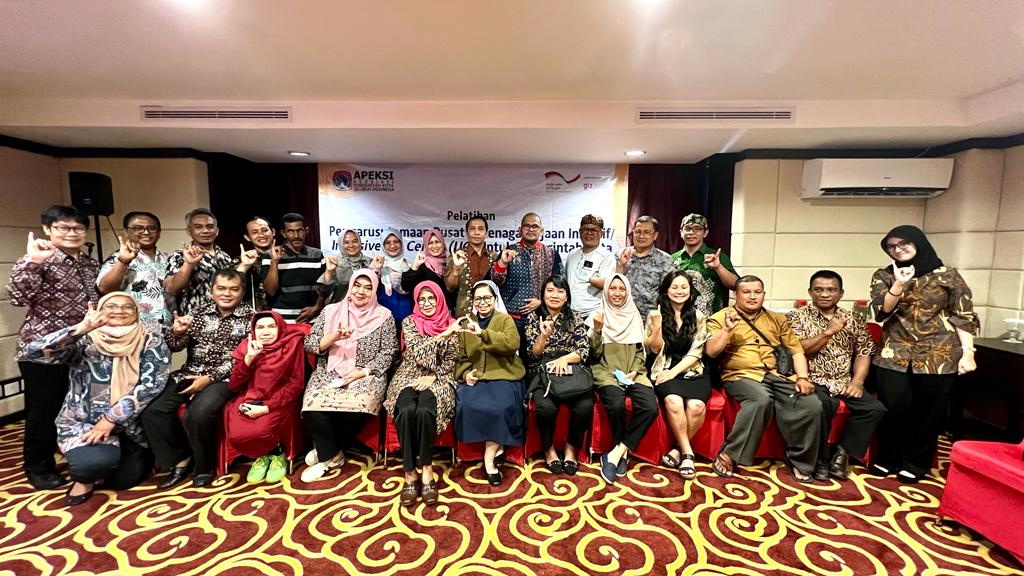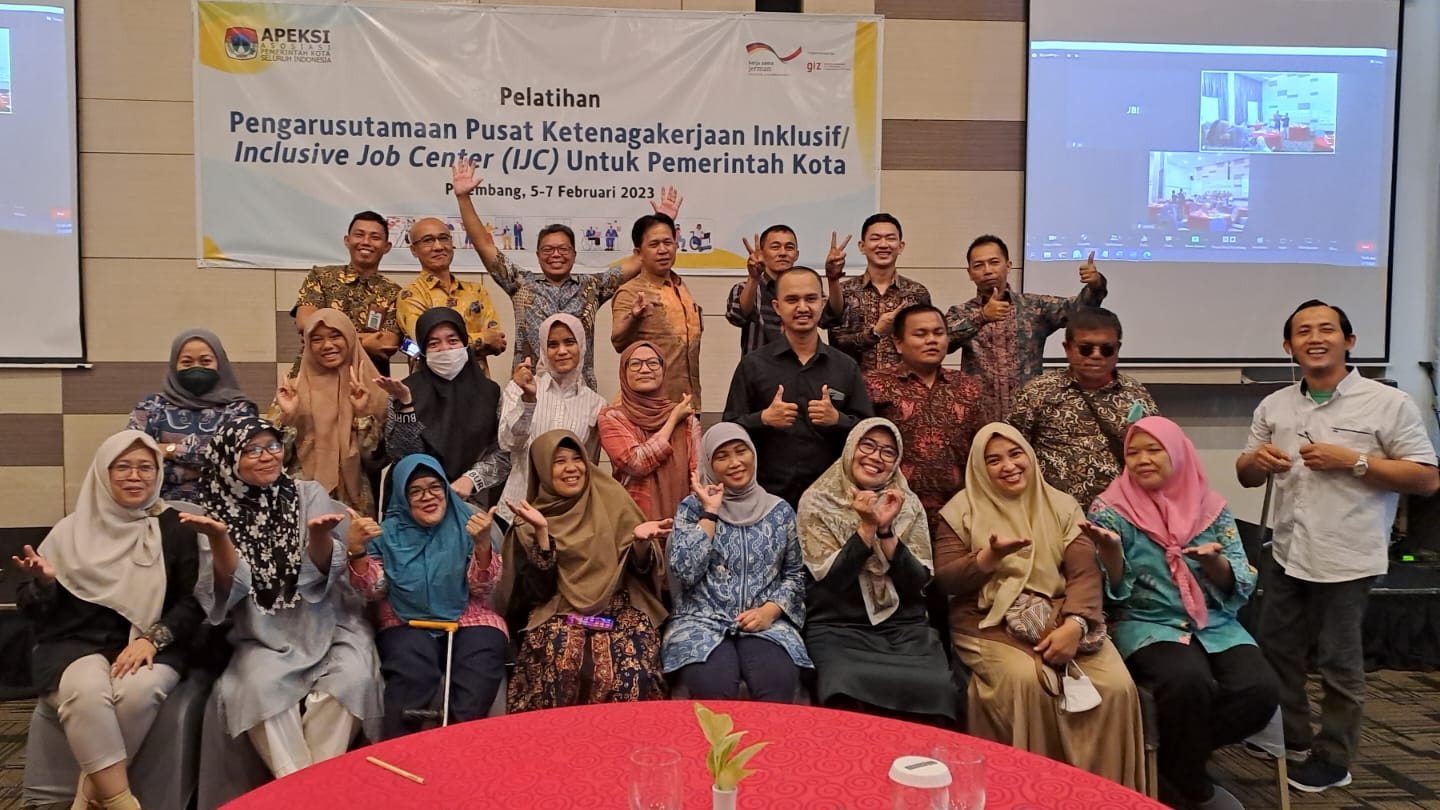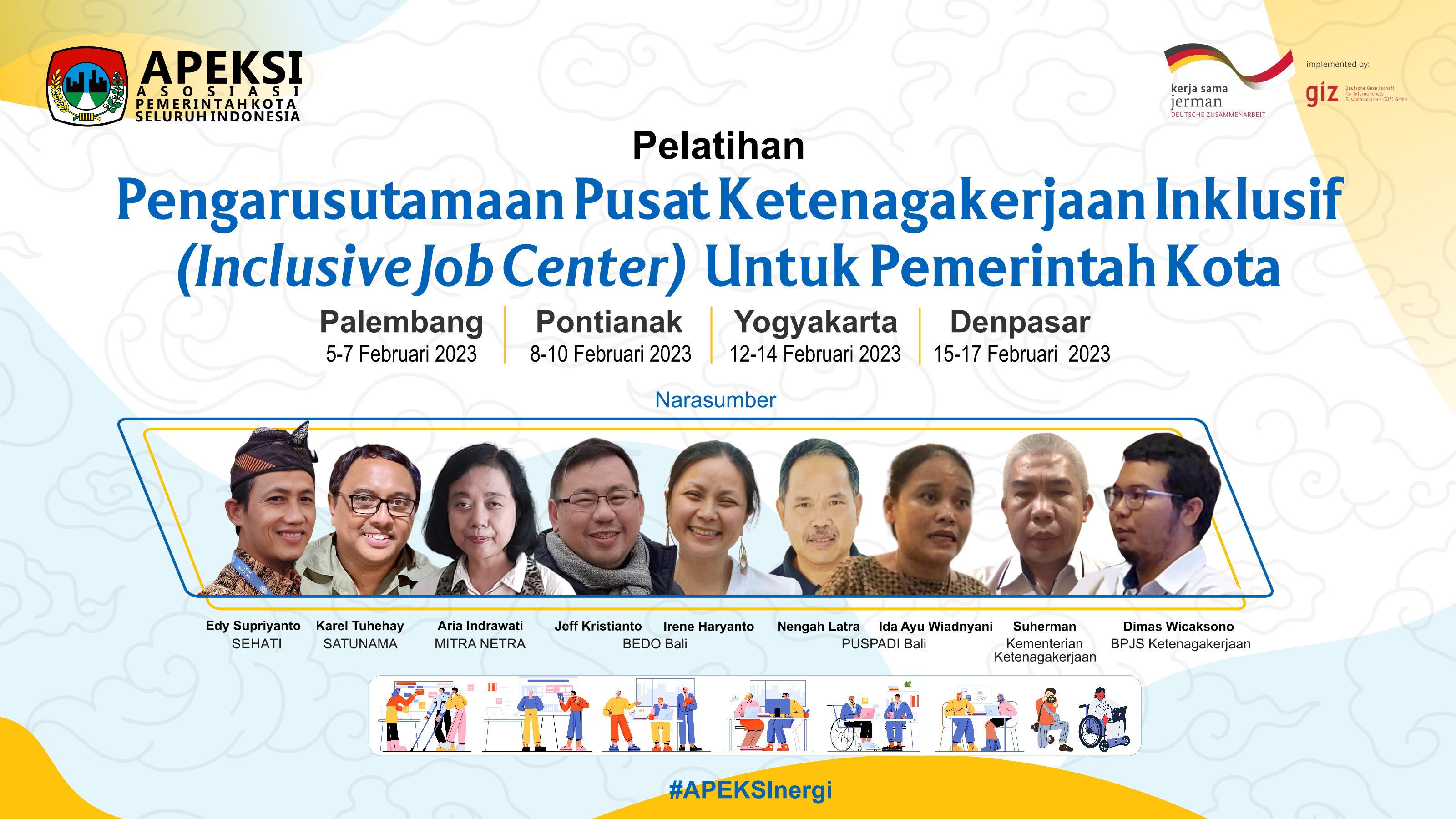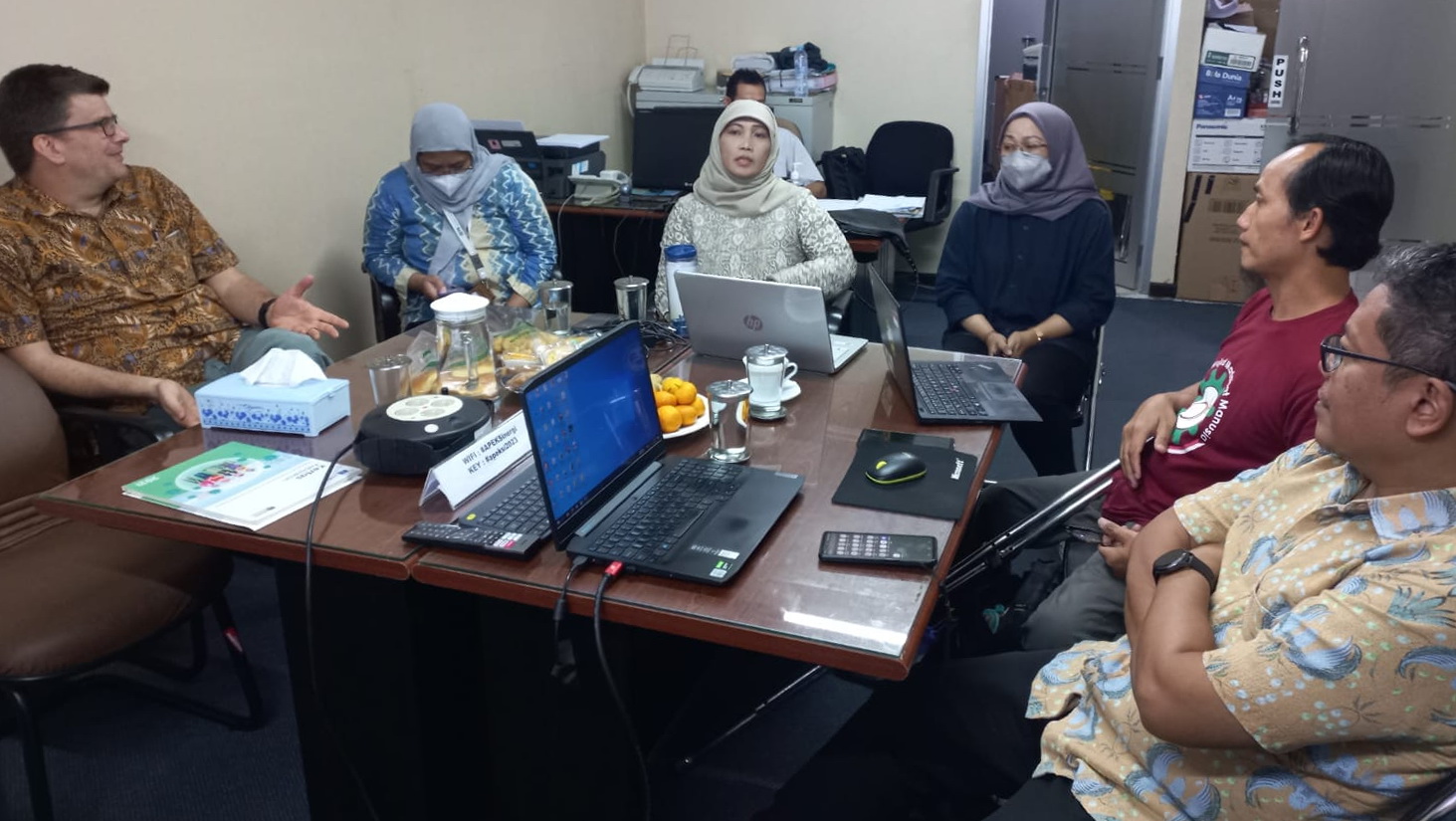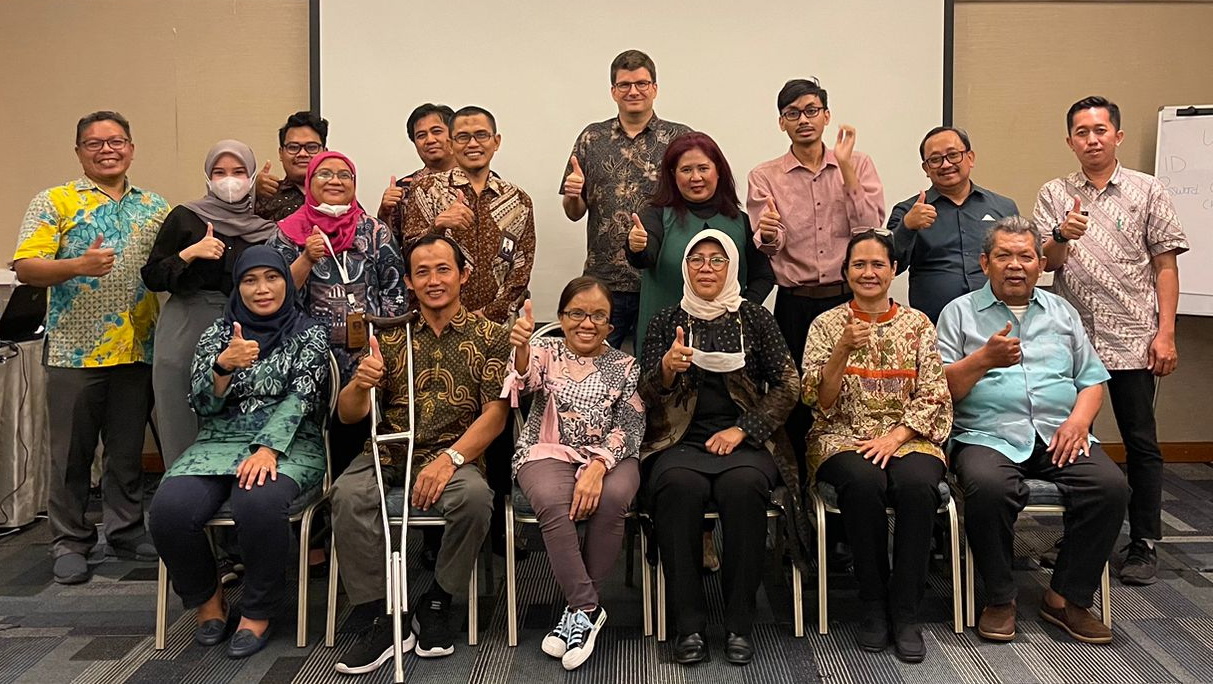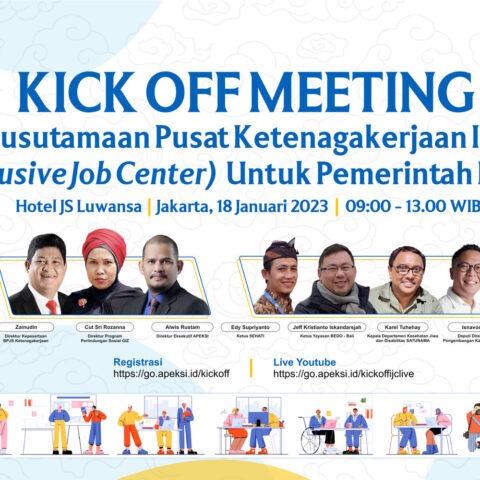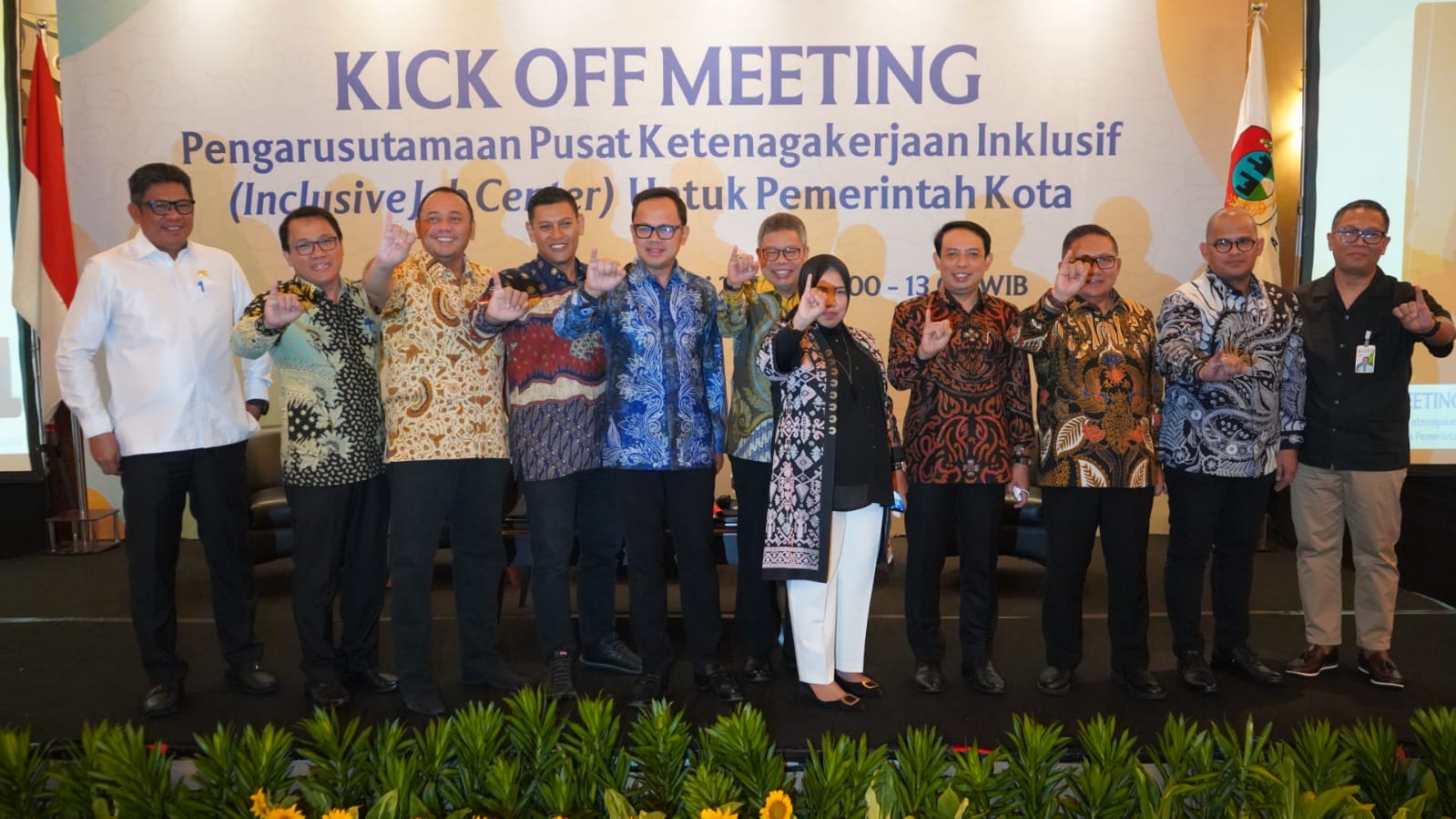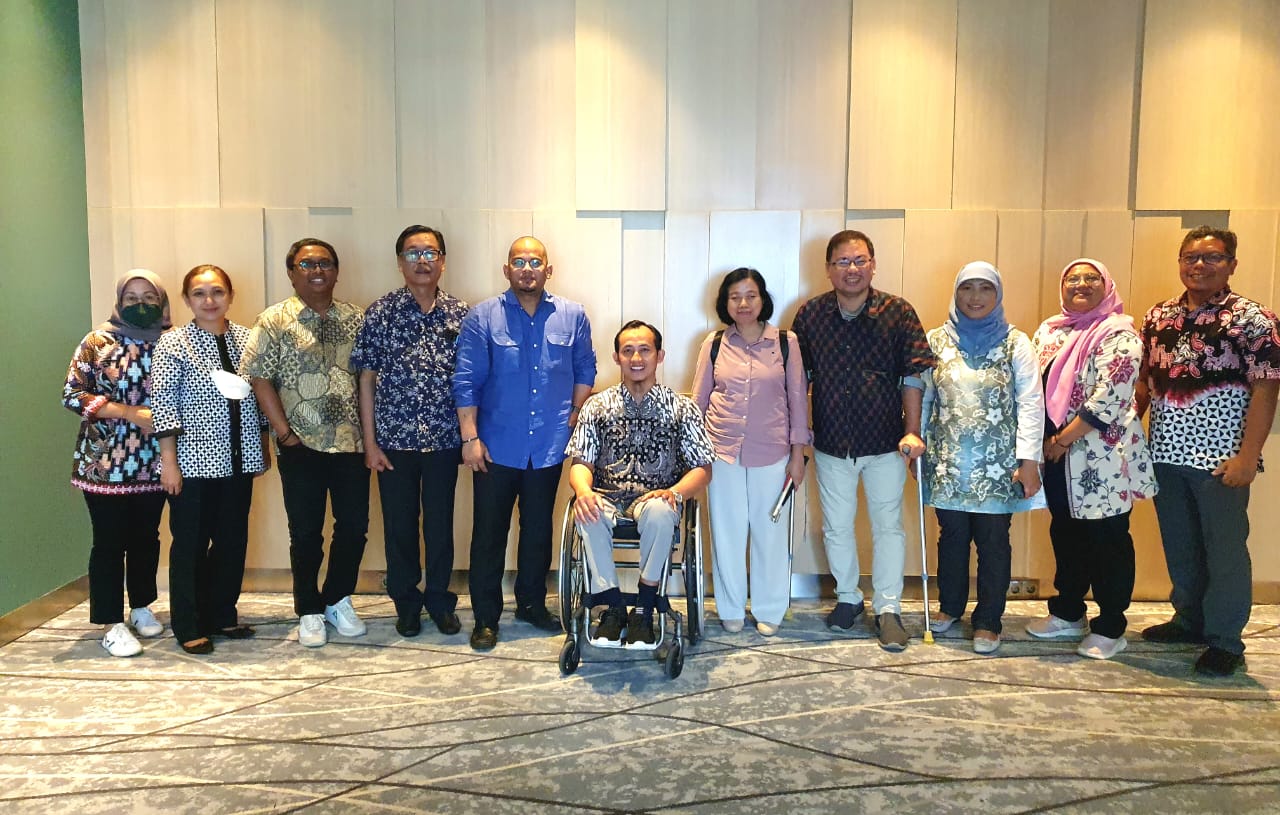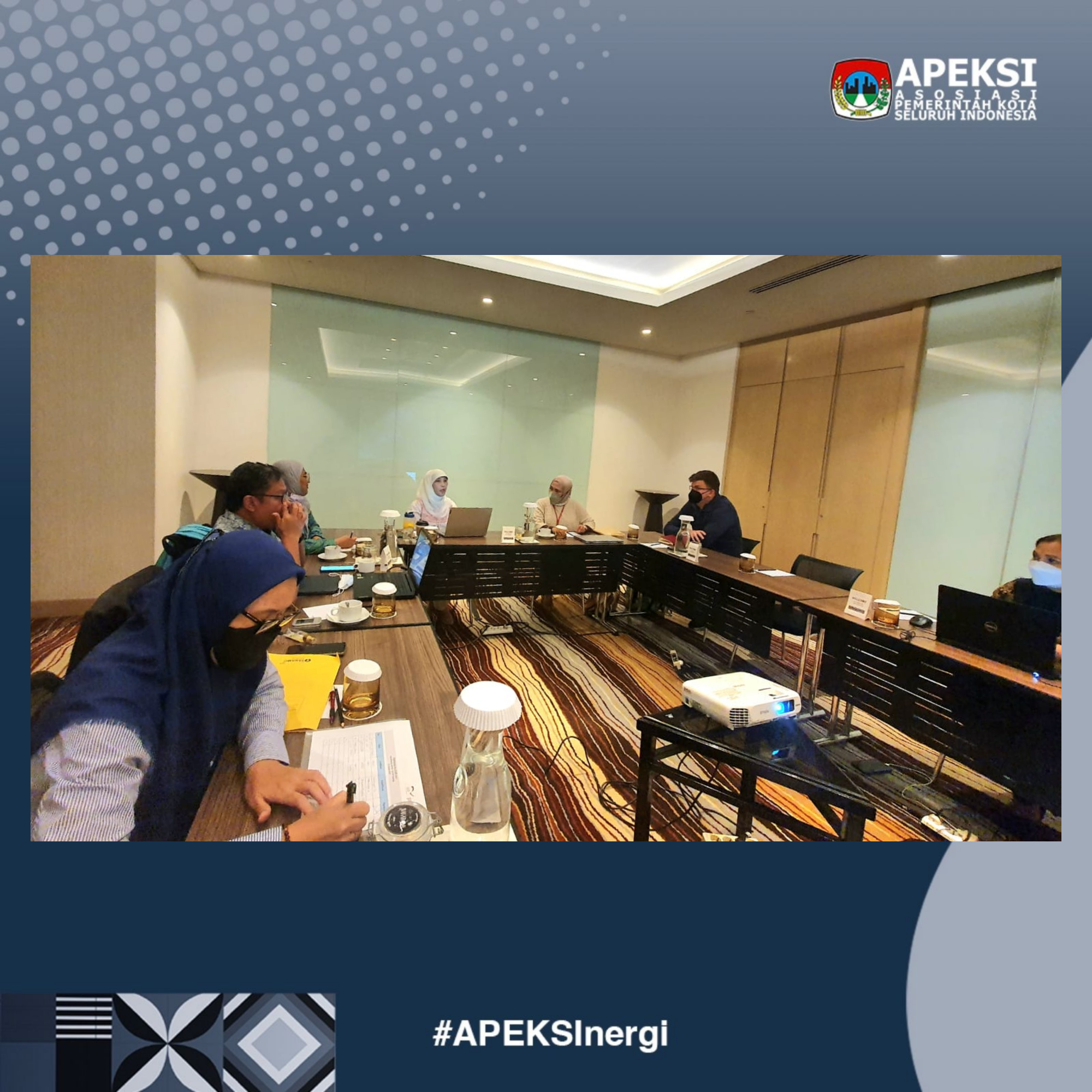
Persons with disabilities face serious challenges in finding work in the formal labor market. Most persons with disabilities work in the informal sector where they do not have adequate social security or depend on public social security cash transfer welfare programs such as the “Hopeful Family Program”. Developing an inclusive labor market is an approach to support the achievement of Sustainable Development Goal 8, on decent work and economic growth, and Sustainable Development Goal 10, on reducing inequality.
The German government, within the framework of bilateral cooperation implemented by the Deutsche Gesellschaft für Internationale Zusammenarbeit GmbH or GIZ, facilitated the Ministry of National Development Planning (Bappenas) and the Employment Social Security Administration Agency (BPJS Ketenagakerjaan), jointly developing an innovation, namely the Inclusive Employment Center or Inclusive Job Center (IJC), as an entry point for building an Inclusive Labor Market (ILM) in Indonesia, by providing instruments for the operation of IJC. BPJS Ketenagakerjaan supports the creation of an Inclusive Labor Market (ILM) by developing Return-to-Work (RTW), which was built in 2015 under the support of GIZ. RtW development can predict the outcome of IJC. On the one hand, the IJC framework is serving persons with disabilities who are looking for work. On the other hand, IJC assists companies, public and private institutions that wish to employ persons with disabilities and fulfill government quotas for persons with disabilities. IJC supports them with disability awareness interventions, accessibility assessments, orientation regarding reasonable accommodations and other services.
To ensure that these instruments are aligned with the needs of persons with disabilities, several organizations of persons with disabilities (OPD) and civil society organizations (CSOs) have been facilitated to develop instruments to empower persons with disabilities to be involved in the formal labor market. These OPDs and CSOs are potential service providers for IJC and for creating PSAs. The OPDs and CSOs are the Mitra Netra Foundation in Jakarta, the Sehati Foundation in Sukoharjo, the Satunama Foundation in Yogyakarta and Bedo in Bali.
Local governments have an important role in providing services to persons with disabilities to obtain equal employment rights. The IJC and ILM mechanisms increase the role of local governments in providing inclusive employment services. However, local governments also need to ensure that the private sector is more aware of their involvement in this mechanism.
Government Regulation no. 60/2020 concerning the Disability Service Unit (ULD) in the Employment Sector mandates local governments to establish ULDs and provide quality services to persons with disabilities. Therefore, information and understanding about IJC and ILM must be disseminated and disseminated to city governments. In addition, it can also support local governments in developing Employment ULD.
APEKSI has formed a Working Group (Pokja) Towards Inclusive Cities since 2017. The Pokja aims to increase the understanding and capacity of city governments on disability inclusion and support them in developing disability-friendly policies. In addition, the Working Group will also be involved in the IJC and ILM mainstreaming programs in several activities such as assessments/surveys, focus group discussions (FGD), development of guidelines (handbooks), development of educational media and campaigns, training, and seminars.
More information about IJC Products: Video, Infographics and Guide Book, available in [Bahasa Indonesia] version.

